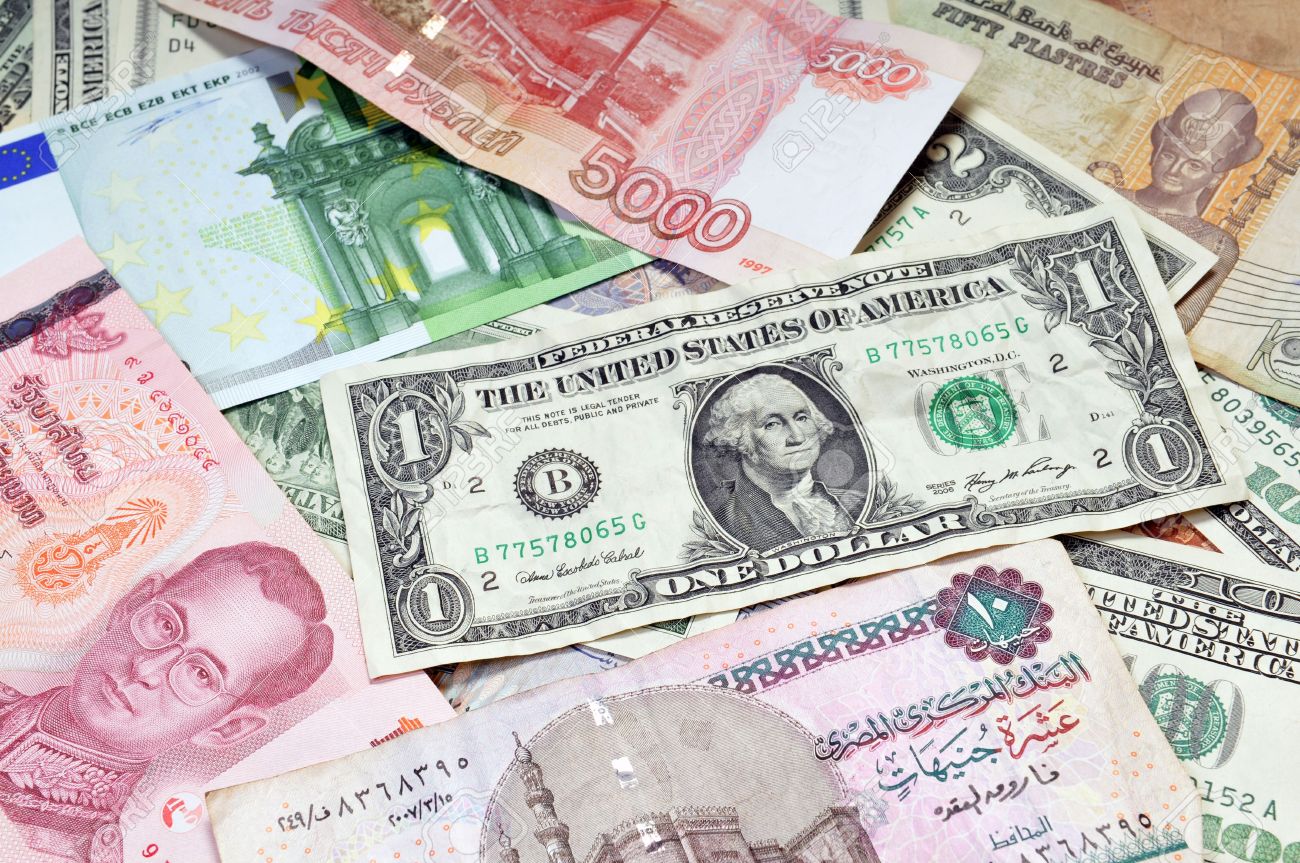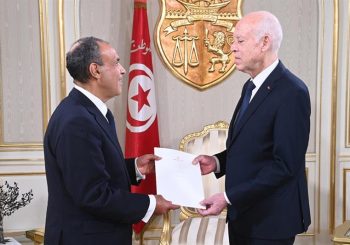The World Bank and United States Secretary of State John Kerry praised Egypt for its decision to float the pound last week, while the move has been met with mixed feelings from Egyptian parliamentarians.
“Liberalizing its foreign exchange system and reducing costly fuel subsidies demonstrates a determination to put the country on the path to economic recovery,” Kerry said in a statement published on the State Department website on Saturday. “The task before them is a challenging one, but it is encouraging that Egyptian leaders are making the difficult decisions needed to move their country towards prosperity.”
The World Bank also released a statement in support of the flotation, saying it will “boost the competitiveness of Egyptian businesses, support export growth, attract new foreign investment, free public resources for priority growth and social programs, and support incomes for the poor and the vulnerable.”
Egypt’s central bank floated the local currency in a surprise move early on Thursday, “moving to a liberalized exchange rate regime in order to quell any distortions in the domestic foreign currency market.”
Egypt has been waiting for the International Monetary Fund (IMF) to give its final approval to a USD 12 billion loan, which Egypt will use to support its reform program that aims to reduce the state’s large budget deficit.
IMF officials, including the Mission Chief for Egypt, Chris Jarvis and the Managing Director of the IMF, Christine Lagarde, also said they “welcomed” the central bank’s move to float the pound.
On the national front, the “Support Egypt” bloc, the majority coalition in Egypt’s parliament, released a statement announcing that it “fully supports” the flotation and other economic reforms the government is implementing.
However, some members of parliament are also disgruntled; the “25-30” bloc has criticized the flotation, saying the recent economic reforms “lacked vision and sufficient study” and will be burdensome for the majority of citizens.
The flotation of the local currency was one of the IMF’s prerequisites for giving its final approval to the loan.







Comments (0)